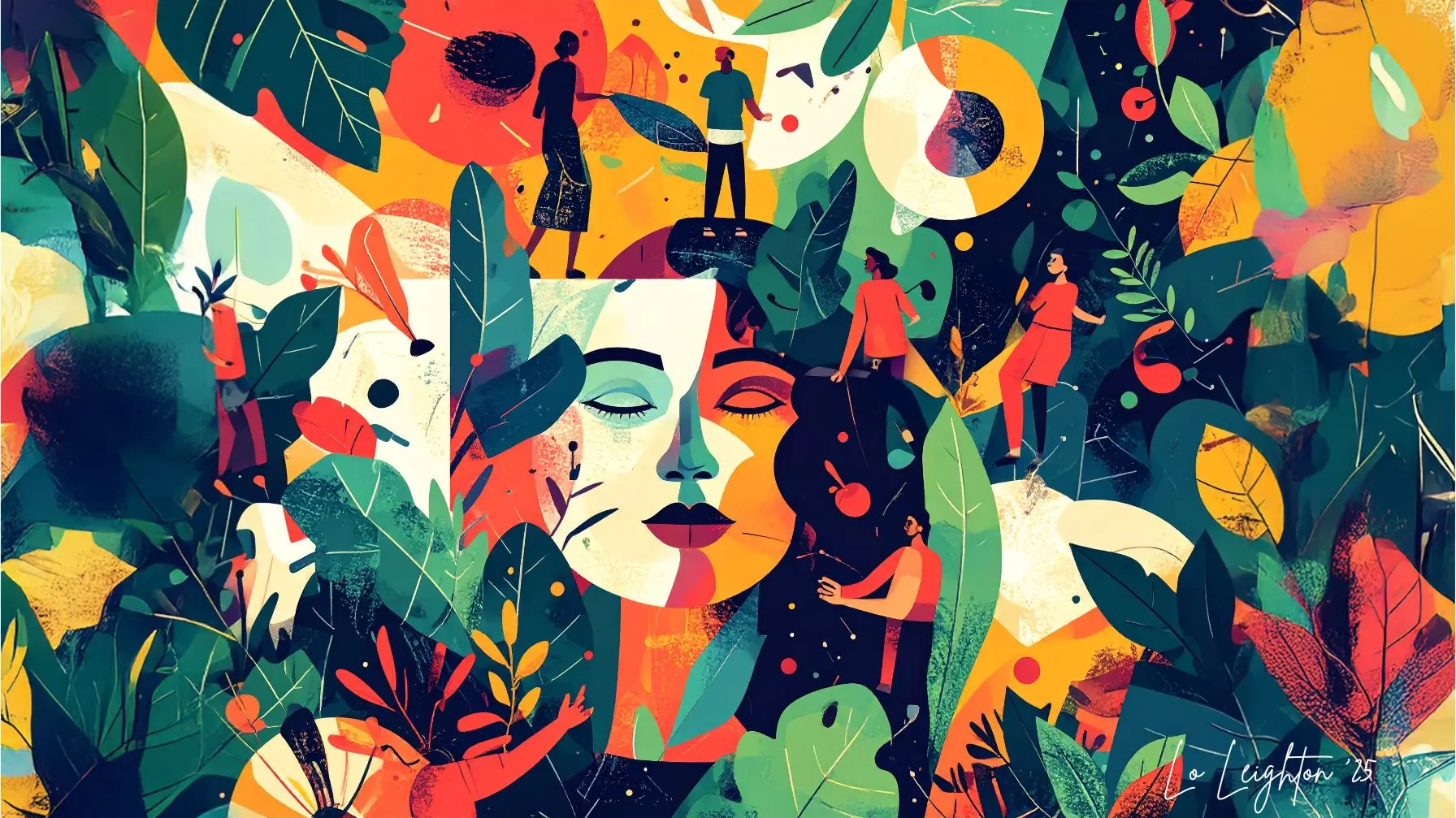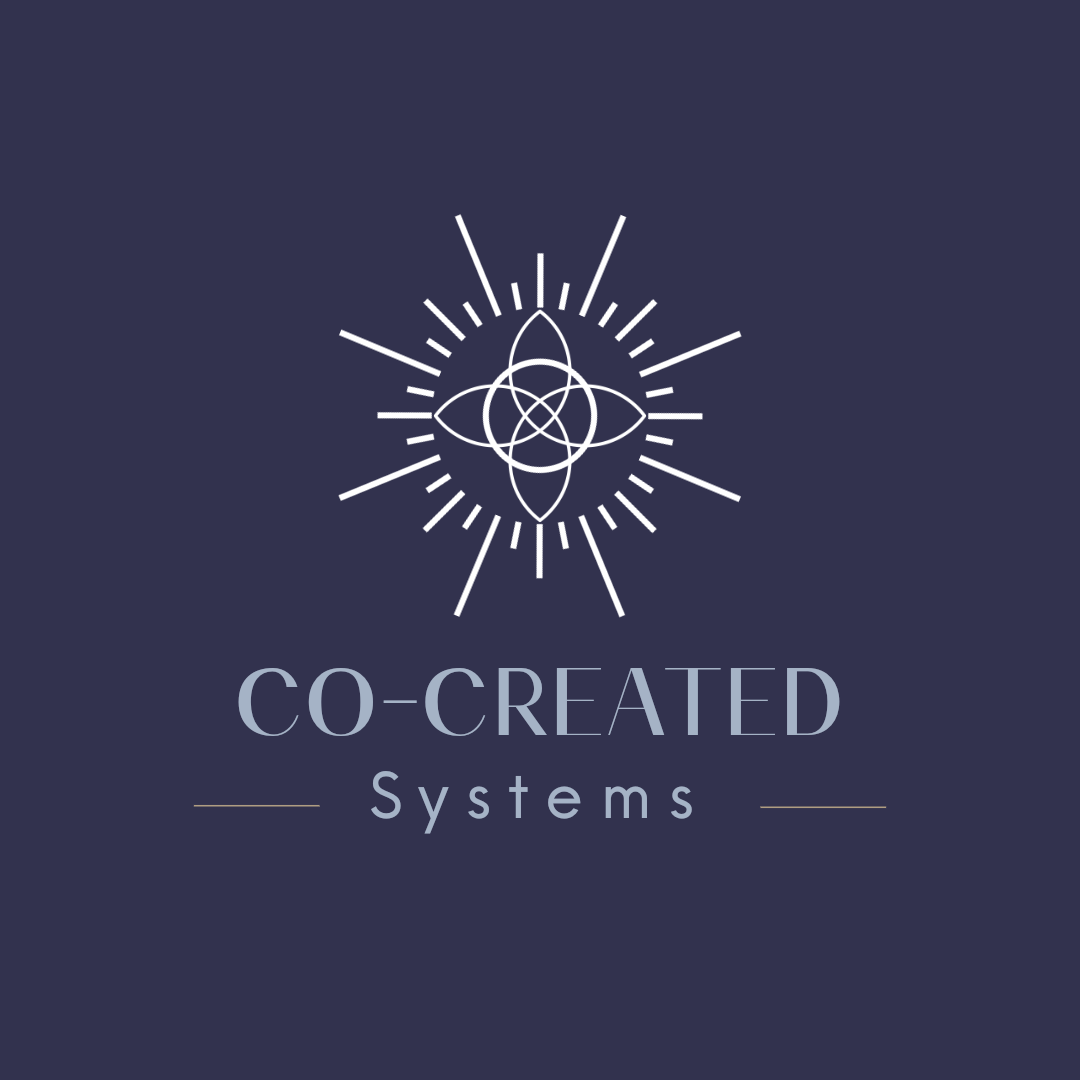
Domination System to Partnership Systems:
Anger to Compassion
Fear to Curiosity
Control to Creativity
Isolation to Integration
The way we know shapes what we can see, and what we can see determines what becomes possible. Our approaches to understanding reality—what counts as valid knowledge, who gets to be an expert, how we make sense of complex challenges, are not neutral tools but powerful forces that create the world we inhabit.
For centuries, Western culture has privileged certain ways of knowing while dismissing others as unreliable, unscientific, or primitive. We’ve been taught that objectivity requires separation from what we study, that expertise belongs only to those with formal credentials, and that rational analysis is the only path to truth. These assumptions feel so natural we rarely question them, yet they profoundly limit our capacity to understand and respond to the interconnected challenges of our time.
But what if knowledge emerges not from detached observation but from engaged relationship? What if the most profound insights arise when diverse ways of knowing—analytical and intuitive, scientific and spiritual, individual and collective—are woven together? What if uncertainty, rather than being a problem to solve, is actually a doorway to new possibilities?
Beyond the Myth of Objectivity
The dominant story tells us that reliable knowledge requires stepping outside ourselves, becoming detached observers of an external reality. This approach has yielded tremendous insights, particularly in understanding physical phenomena. But it has also created a false separation between knower and known that obscures the relational nature of understanding itself.
Partnership ways of knowing recognize that all knowledge is situated—emerging from particular bodies, communities, and relationships with the world. Rather than seeing this as a limitation, we can embrace it as a source of richness. When we acknowledge our position within what we’re trying to understand, we become more honest about the partial nature of any single perspective and more curious about what other viewpoints might reveal.
The Wisdom of Multiple Ways of Knowing
Indigenous cultures have long understood what Western science is rediscovering: that different ways of knowing offer different insights, and the deepest understanding comes from weaving them together. Emotional intelligence reveals patterns that rational analysis misses. Somatic awareness provides information that conceptual thinking cannot access. Spiritual practices open dimensions of understanding that material explanations alone cannot reach. We do not only engage in critical thinking but also work towards expanding what we consider rigorous/true/reality. It’s about developing what we might call “epistemological humility”—recognizing the limits of any single approach while remaining curious about what emerges when different ways of knowing engage in dialogue.
From Certainty to Generative Uncertainty
Our culture’s demand for definitive answers often closes down the very questions that could lead to breakthrough insights. In complex, rapidly changing situations, the quest for certainty can become a trap that prevents us from seeing new possibilities or adapting to emerging conditions.
Partnership approaches to knowing embrace uncertainty not as a problem to eliminate but as fertile ground for discovery. Instead of rushing to closure, we learn to dwell productively in the space of not-knowing, allowing questions to ripen and new understanding to emerge organically. This requires courage—the courage to admit what we don’t know and to remain open to perspectives that challenge our assumptions.
Collective Intelligence and Collaborative Inquiry
Some of the most complex challenges we face—from climate change to social inequality—cannot be understood through any single lens or solved by any individual expert. They require what we might call collective intelligence: the capacity for groups to generate insights and solutions that none of the participants could create alone.
This kind of collaborative inquiry doesn’t happen automatically when people gather. It requires practices that can hold multiple perspectives, navigate difference constructively, and create conditions where new understanding can emerge. It means designing processes that honor both expertise and lived experience, that can hold both analysis and intuition, that create space for the unexpected insights that arise when diverse ways of knowing encounter one another.
Living Into New Possibilities
Transforming our ways of knowing isn’t just an intellectual exercise—it’s a practice that begins with how we approach the questions in our own lives. It starts with noticing what we take for granted, getting curious about perspectives different from our own, and experimenting with ways of understanding that integrate multiple sources of insight.
As we become more comfortable with uncertainty and more skilled at collaborative inquiry, we begin to see possibilities that were invisible from within more limited ways of knowing. We discover that reality is far richer and more creative than our inherited frameworks suggested, and that our capacity for understanding expands when we learn to know together rather than alone.
Ways of Knowing: Lived Experiences
Explore the specific contrasts between domination and partnership approaches to knowledge, along with real-world examples of integrative ways of knowing in action.
Watch, Read, Listen
No posts were found.
Join 900+ subscribers
Stay in the loop with everything you need to know.
